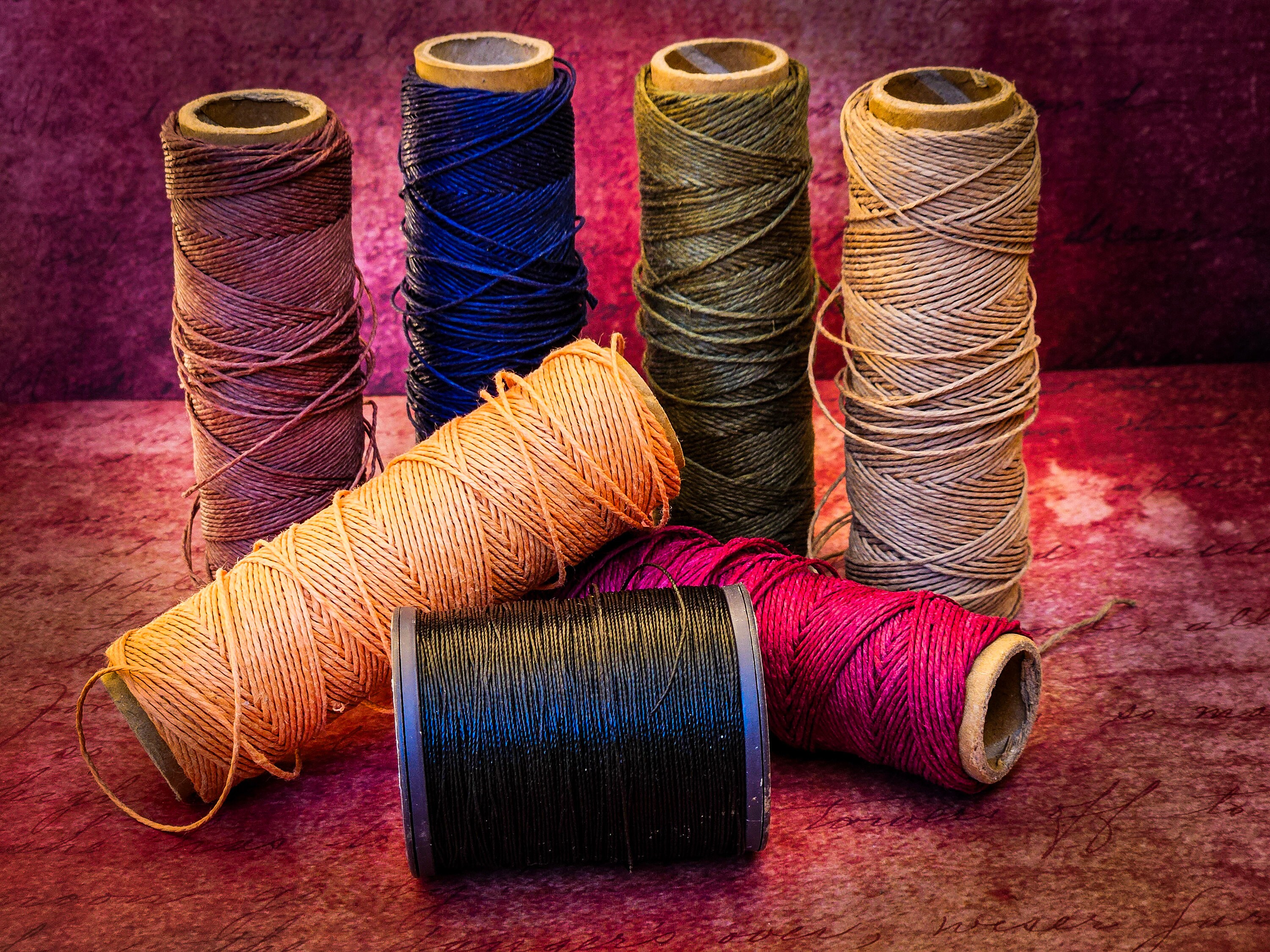In the ancient practice of crafting malas, the materials chosen held deep spiritual and symbolic significance. Traditionally, malas have been made from natural elements such as wood, seeds, gemstones, bone, and metals, all meticulously selected for their spiritual properties. These beads were strung with natural fibers like cotton, silk, or even animal hair, creating a sacred object that was both meaningful and aligned with nature.
As mala making has entered the modern world, the materials used have shifted. Synthetic alternatives like plastic, dyed beads, and nylon cords have become commonplace. While these materials may make mala production faster and cheaper, they often lose the spiritual connection to the natural world that malas are meant to foster. At Sacred Stone Crafts, we honor the traditional art of mala making by choosing materials that are not only natural but also sustainable and cruelty-free.
The Importance of Natural Materials in Mala Crafting
In spiritual practices, the materials used in a mala are often chosen based on their inherent properties and the energy they bring to the user. Wood and seeds symbolize grounding and connection to the Earth, while gemstones are valued for their healing vibrations. Bone beads, traditionally used in some Buddhist malas, symbolize the impermanence of life. Metals, such as copper or brass, add a sense of strength and stability.
By using these natural materials, malas become more than just tools for meditation—they become vessels for intention and energy. When we incorporate synthetic materials, we may lose that connection to the Earth and the energy it provides.
Rethinking Silk: A Closer Look at Traditional Mala Stringing
Historically, silk has been one of the primary materials used to string malas due to its strength and elegance. However, while silk is a natural material, its production is far from cruelty-free or sustainable.
The harsh realities of silk production paint a troubling picture. Approximately one trillion silkworms are killed each year in the making of silk. Studies have shown that these worms can feel pain, making the process inherently cruel. Beyond the ethical concerns, the environmental impact of silk production is staggering.
It takes around 187 kilograms of mulberry leaves to sustain the silkworm population required to produce just one kilogram of silk. These mulberry groves demand significant resources, including water and arable land. Furthermore, the production process often involves boiling silkworms in steam or water, much of which is fueled by burning coal, contributing to greenhouse gas emissions.
Adding to these concerns are the human rights issues in the silk industry. Workers often face harsh and inhumane conditions, with long hours and unfair wages, further tainting the sustainability of this material.
Why We Choose Hemp, Cotton, and Linen
At Sacred Stone Crafts, we are committed to creating malas that align with the values of sustainability, cruelty-free practices, and ethical craftsmanship. That’s why we choose materials like hemp, cotton, and linen for stringing our malas. These natural fibers are durable, eco-friendly, and align with the spiritual essence of traditional mala making.
Hemp, in particular, is an excellent alternative due to its minimal environmental footprint. It requires little water to grow, enriches the soil, and doesn’t rely on harmful pesticides. Cotton and linen, when sourced sustainably, are also beautiful, renewable options that uphold our commitment to the environment.
Reinforcing the Value of Sustainability and Cruelty-Free Practices
At Sacred Stone Crafts, every mala we create reflects our belief that spiritual tools should honor the Earth and its inhabitants. By choosing natural, sustainable, and cruelty-free materials, we preserve the essence of traditional mala making while adapting to the modern world's needs for ethical practices. Our malas are not just meditation tools—they are statements of compassion, sustainability, and reverence for the interconnectedness of all life.
When you purchase a mala from Sacred Stone Crafts, you’re investing in more than a beautiful, handcrafted item. You’re supporting a movement that values harmony with nature, ethical craftsmanship, and respect for all living beings. Together, we can embrace traditions in a way that honors the past while paving the way for a more sustainable future.
Closing Thoughts
In a world that often prioritizes convenience over care, returning to the roots of mala making with natural and ethical materials is a powerful choice. It’s a reminder that the energy we put into creating sacred objects matters just as much as the intentions we set while using them.
If you’d like to learn more about the materials we use or the stories behind our malas, visit Sacred Stone Crafts. Let’s connect with nature, embrace mindful living, and honor the traditions that guide us.
Sources
- Amity Worrel, "Is Silk Ethical? Rethinking Home Luxury." Available at www.amityworrel.com

